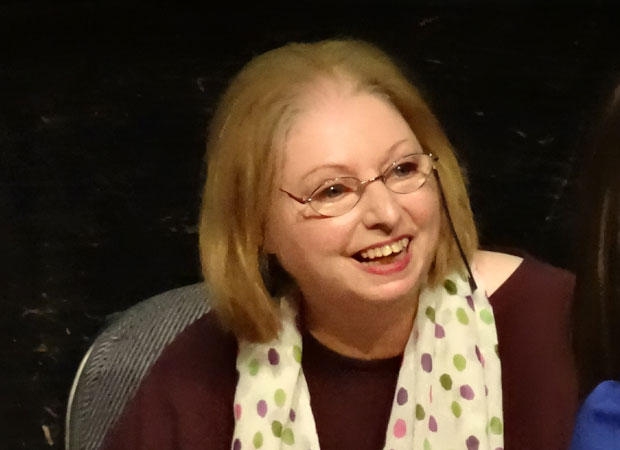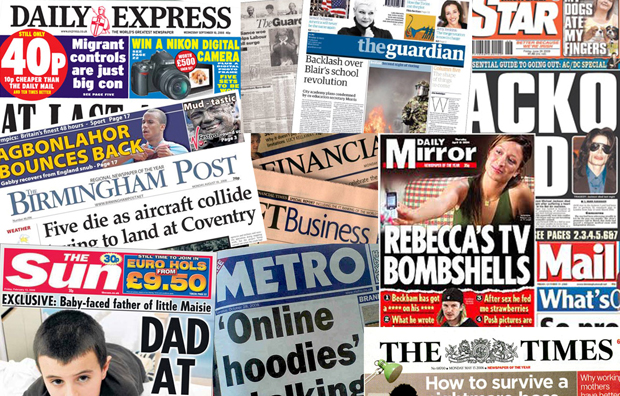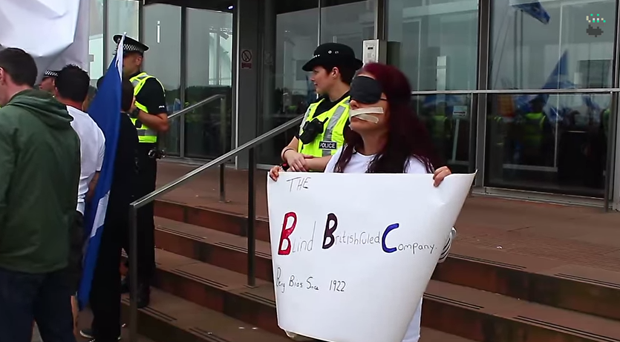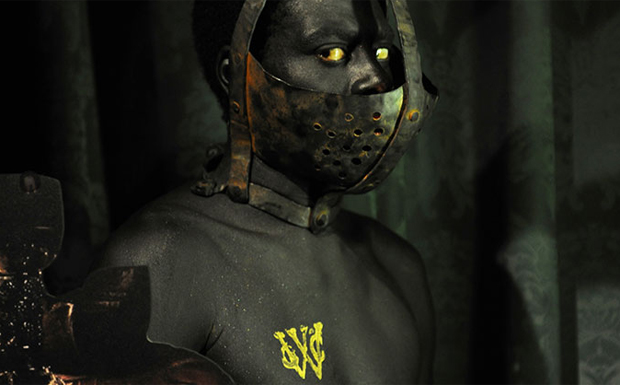There was a lively debate about whether future journalism will make the public more informed at the launch of the latest Index on Censorship magazine at the Frontline Club


There was a lively debate about whether future journalism will make the public more informed at the launch of the latest Index on Censorship magazine at the Frontline Club
The UK Justice Secretary Chris Grayling has announced plans to increase the maximum prison sentence for online abuse, or trolling, to two years. Laws already exist for dealing with harassment and threats of violence, and the Crown Prosecution...

Nine human rights organisations called on the British government on Friday to speak out publicly in the case of activists currently being detained in Bahrain. Prominent human rights defenders Nabeel Rajab, Zainab Al-Khawaja and Ghada Jamsheer have...

Padraig Reidy explores when writers are attacked for using their imaginations.

Put two British journalists in a room and talk will likely turn to the managed decline of the newspaper industry in western Europe and the US. Padraig Reidy will miss the news agents most.

All it seems to take is for one person to think that something’s ‘racist’ …

If arguments that counter our own prove more popular, it’s not because ours may need rethinking — no, it is because the world is biased against us

Index on Censorship’s associate arts producer explores the issues around the Barbican’s presentation of Exhibit B, a work by Brett Bailey.

London-based daily newspaper Metro ran a feature this month extolling the delights of Baku, the capital of Azerbaijan. Jodie Ginsberg, CEO of Index on Censorship, fills readers in on what Metro missed.

Bahraini human rights activists Nabeel Rajab and Sayed Ahmed Al Wadaei discuss their countries human rights record.